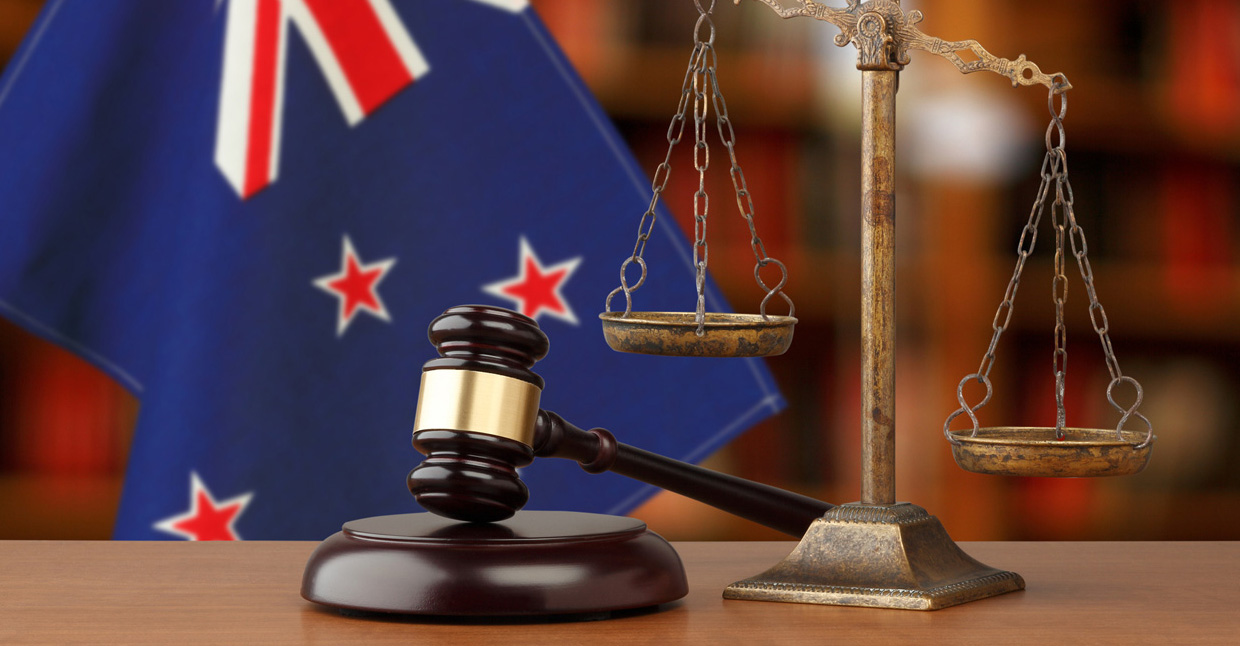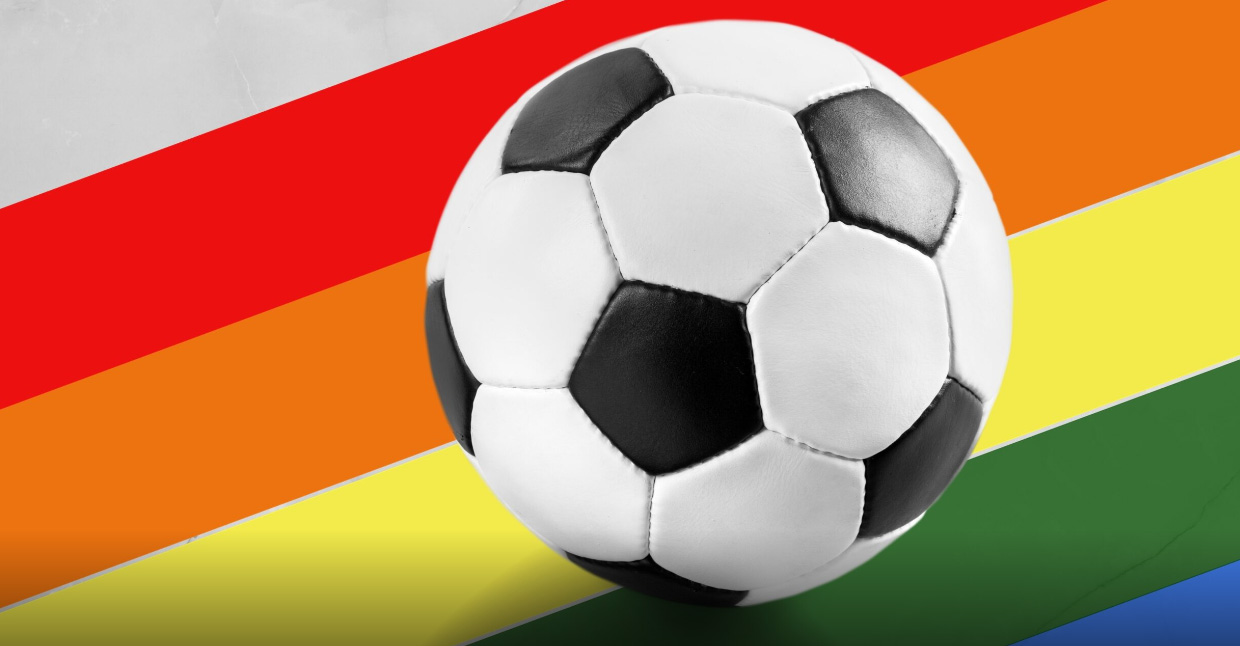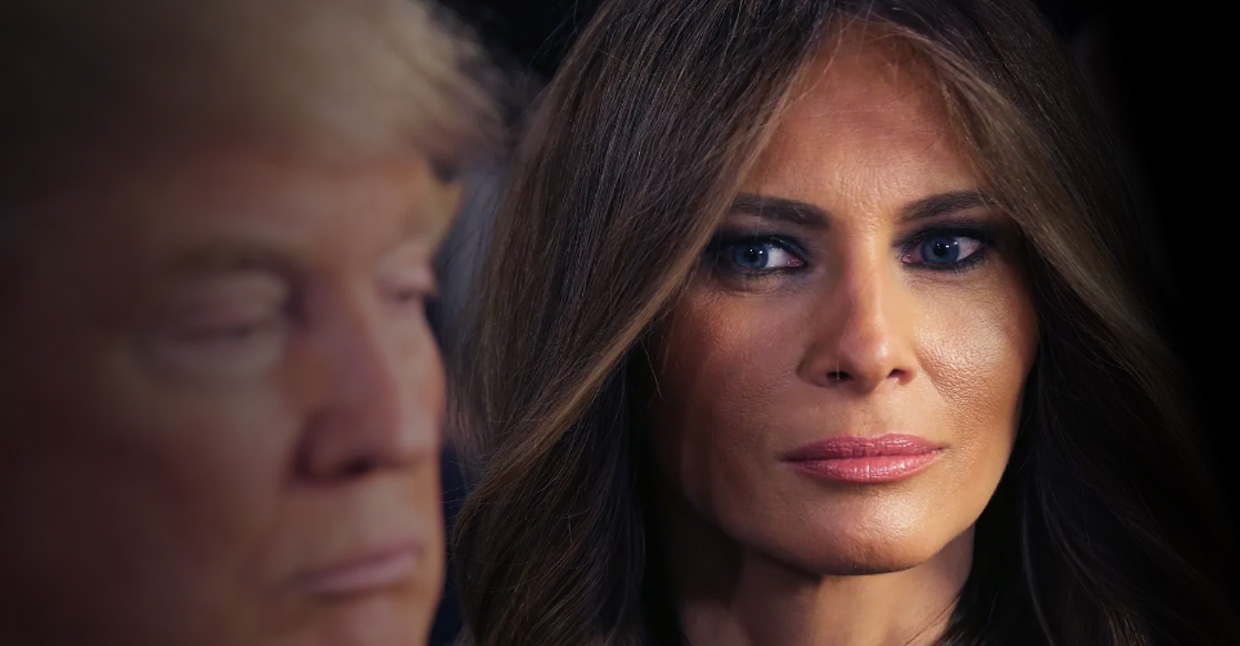The victims were lured by the group of teenagers through the popular dating app Grindr. They enticed the victims to a remote location, where one of them would meet the victim. Shortly after, a larger group of boys would appear and beat up the gay man. Moreover, the assaults were filmed by them. In one of the videos, a victim is seen losing consciousness. "Yeah, go to fucking sleep!" the teenagers shout.
The judge described the attacks as "extremely violent." According to the judge, the teenagers became radicalised by watching violent videos on the internet depicting hunts for alleged paedophiles. In one of the videos, the teenagers hurled insults like "pedo," leading the judge not to consider homophobia as a motive for the attacks.
Victims are not satisfied with the judge's ruling. They see the attack as a hate crime based on their sexual orientation. Speaking to The Press, victim Kelly Hopkins said the photos he received via the dating app clearly belonged to an older adult man. "Then why didn't they use Tinder and pretend to be an 11-year-old girl? They chose gay men ... they were the predators." Another victim told The Press that the photos sent via Grindr were indeed of an adult man.
The victims are also afraid that the videos made by the teenagers will be spread on the internet. At least one of them has not yet come out.
The perpetrators will not be imprisoned but will be placed under supervision. Additionally, they have been sentenced to community service ranging from 50 to 150 hours. Each perpetrator must individually pay 500 New Zealand Dollars to each victim. To one of the victims, they must pay 2000 dollars.
For the victims, the fact that the teenagers are not being punished under adult criminal law is hard to accept. "The one thing we can’t accept ... is because they’re youths they cannot take full responsibility," says a victim who wishes to remain anonymous. Hopkins agrees: "The system is broken and it needs to be changed. Start by putting the victims first."















